When it comes to finding the perfect t-shirt, the brand you choose can make all the difference in terms of style, comfort, and durability. Popular brands like Hanes and Fruit of the Loom have long been favorites for their classic fits and affordable pricing, while newer labels like Everlane offer sustainable and ethical options without compromising on quality. For streetwear enthusiasts, brands like Supreme or Off-White provide trendy and high-end choices that make a bold fashion statement. To explore a comprehensive list of the best t-shirt brands catering to every need and budget, check out the details below.

Illustration of t shirt
Best brands of t shirt in 2025
Nike
Nike is one of the leading producers of t-shirts, dominating the apparel market with its innovative designs, high-quality materials, and strong brand presence. As of Q3 2024, Nike holds a significant market share of 27.22% in the Apparel, Footwear & Accessories Industry, reflecting its consistent growth and influence. In the fiscal year ending May 31, 2024, Nike generated approximately $13.84 billion in revenue from its apparel segment, which is a substantial portion of its total revenue of $51.36 billion. The company's success is also attributed to its robust supply chain management and innovative retail environments, which enhance customer experience and loyalty. Nike's global reach, with over 1,046 retail stores worldwide, further solidifies its position as a top apparel brand.
Adidas
Adidas is one of the leading producers of athletic apparel, including high-quality T-shirts, with a significant global presence. In 2022, apparel accounted for 39% of Adidas's sales, highlighting the brand's strong position in the market. Adidas achieved worldwide net sales of approximately 22.511 billion USD in 2022, with Europe contributing over 27% of its total sales in 2021. The brand's popularity is further underscored by its production of around 480 million units of sportswear in 2022. Adidas's focus on performance-driven designs and accessible prices has made it a favorite among consumers. For more in-depth insights, explore the Adidas statistics.
Uniqlo
Uniqlo stands out as a leading producer of high-quality t-shirts, driven by its innovative approach to fabric technology and customer-centric culture. The brand, valued at USD 9.2 billion, is known for its signature innovations like HeatTech, AIRism, and LifeWear, which differentiate it from competitors. Uniqlo's efficient supply chain and in-house production capabilities allow for rapid response to customer needs, with the ability to replenish stocks within days. In Japan, Uniqlo is the most shopped-at apparel retailer, with 43.8% of consumers purchasing from the brand in 2021. The company's global expansion, including its recent growth in the U.S. with over 60 stores as of 2024, further solidifies its position in the global apparel market. For more detailed information about Uniqlo, visit their official website.
H&M
H&M is a leading producer of t-shirts, renowned for its fast fashion business model that allows for rapid garment production, often completed in as little as 15 days. In 2023, H&M's global net sales amounted to approximately 236 billion Swedish kronor, with Europe and Africa generating nearly three times the sales of North and South America. The company operates over 4,369 stores worldwide and employs more than 100,000 people. Despite facing competition from ultra-fast fashion retailers like Shein, H&M remains a significant player, aiming to elevate its brand by targeting upmarket shoppers and focusing on higher-end products. H&M's strategy includes collaborations with renowned designers and the introduction of premium brands like Cos.
Levi's
Levi's, a global leader in the apparel industry, is renowned for its high-quality and durable products, including its extensive range of T-shirts. In 2023, Levi's reported strong sales, with its tops business growing 12% year over year, exceeding $1.2 billion in net revenue. The brand's commitment to quality and style has made it a favorite among consumers, with around 90% of premium fashion consumers recognizing the Levi’s brand. Levi's T-shirts are part of the brand's diversified portfolio, which has driven strong and profitable growth, with nearly 40% of total net revenue coming from beyond denim bottoms. The brand's direct-to-consumer sales, which include online and physical store sales, have also seen significant growth, with a 12% increase in online sales in Q1 2024.
Under Armour
Under Armour has established itself as a leading producer of high-performance T-shirts, particularly with its innovative HeatGear, ColdGear, and AllSeasonGear lines. Founded in 1996 by Kevin Plank, the company's moisture-wicking technology has revolutionized athletic apparel, keeping athletes cool, dry, and light in various conditions. By 2015, Under Armour had become the second-largest sports apparel company in the U.S., with annual revenue of $3.963 billion, a significant leap from its $17,000 in sales in 1996. Under Armour's apparel sales account for 14% of the U.S. market, outpacing Adidas' 6% share. The company's focus on athletic performance and innovative design has driven its success.
Gap
Gap Inc. is a leading global fashion retailer, renowned for its high-quality t-shirts, which contribute significantly to its net sales. In 2021, the company recorded $16.7 billion in net sales, a 21% increase from 2020 and a 2% growth from 2019, highlighting its strong market presence. As of Q3 2024, Gap Inc. holds an 11.70% market share in the retail apparel industry, demonstrating its competitive edge. The brand's success is also attributed to its omnichannel marketing strategy and strong performance in segments like women's apparel, which gained market share for the fifth quarter in a row in 2023. With a portfolio of brands including Old Navy, Banana Republic, and Athleta, Gap Inc. continues to be a major player in the apparel market.
Ralph Lauren
Ralph Lauren is a renowned brand in the fashion industry, particularly celebrated for its high-quality and classic designs, including its iconic Polo shirts. Founded in 1967, the brand has established itself as a leader in the design, marketing, and distribution of premium lifestyle products. By 2024, Ralph Lauren's North American region is expected to account for 44% of the company's revenue, with Europe and Asia following at 30% and 24%, respectively. The brand's e-commerce sales have seen significant growth, with a 7% increase in 2023 and a projected 5% growth in 2024. Ralph Lauren's Polo shirt line, launched in 1968, remains a cornerstone of the brand's success, offering a range of apparel and accessories that embody the quintessential American lifestyle. For more information, explore their official website.
Zara
Zara stands out as a leading producer of t-shirts in the fast fashion industry, renowned for its efficient supply chain and data-driven approach. The company produces over 840 million garments annually, with a significant portion being t-shirts, and achieves 12 inventory turns per year, far exceeding the industry average of 3-4 turns. Zara's strategy involves ordering small batches of new designs, testing them in stores, and quickly scaling up production based on customer demand, allowing for hyper-local customization and minimizing unsold inventory to just 10% annually. This approach enables Zara to sell 85% of its items at full price, a notable achievement compared to the industry average of 60%. As of 2023, Zara has seen an 11.4% growth in global sales, solidifying its position as a top apparel retailer. For more information about their brand, visit Zara's official website.
Patagonia
Patagonia is renowned as one of the best producers of sustainable and environmentally conscious clothing, including high-quality T-shirts. With annual sales exceeding $1 billion, the company has quadrupled its revenue over the last decade and maintains a strong commitment to sustainability, using 100% organic cotton in many of its products and recycling millions of plastic bottles for its fabric production. Patagonia's brand awareness stands at 57% among outdoor fashion owners in the U.S., with 19% of these owners purchasing Patagonia products, and 79% of owners showing loyalty to the brand. The company's dedication to environmental causes, such as donating 1% of its sales to conservation organizations, has been instrumental in its success. Founded in 1973, Patagonia has become a leader in the outdoor apparel industry.










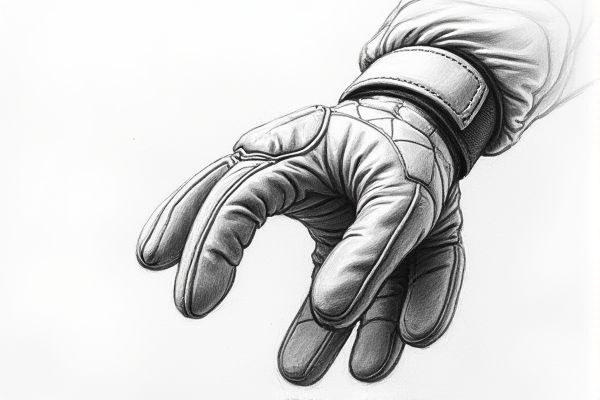
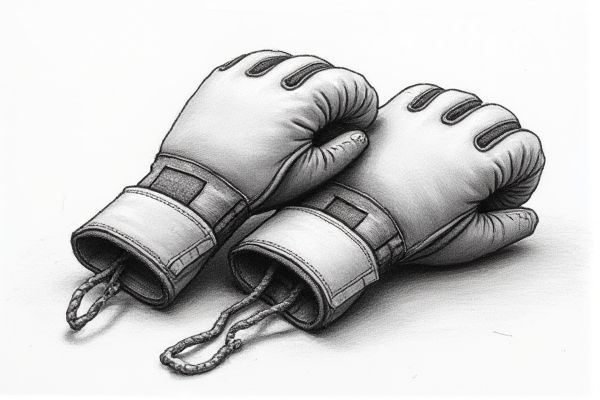
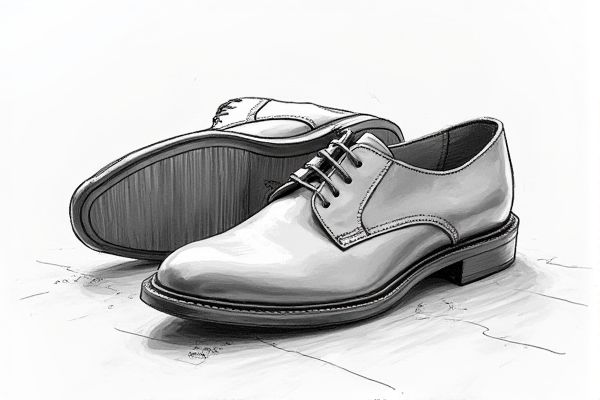
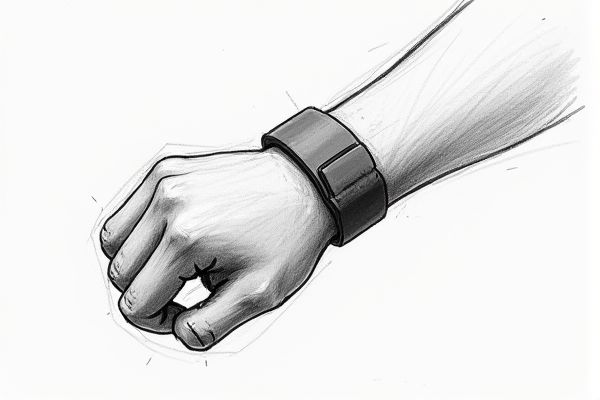
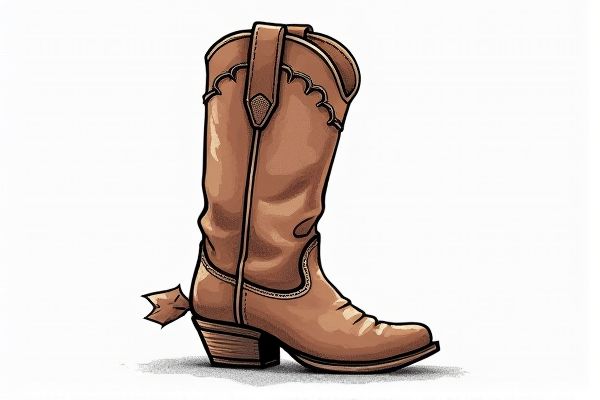
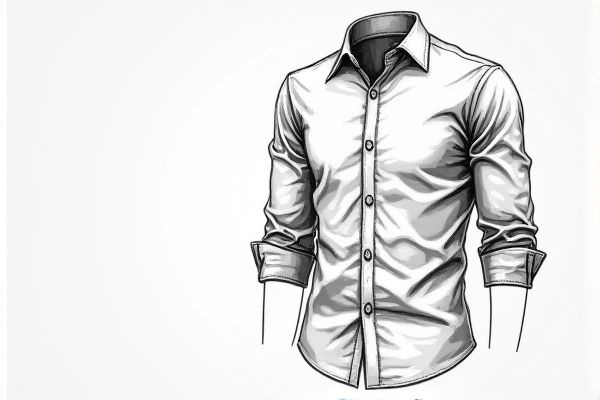
Leave a Reply
Your email address will not be published.